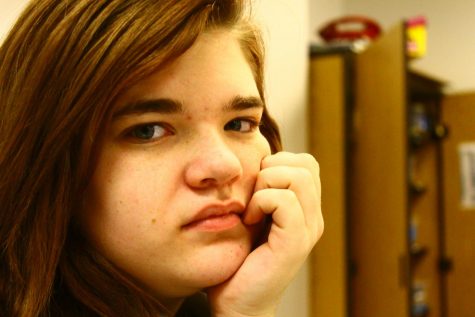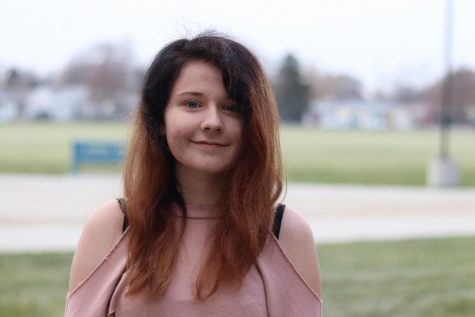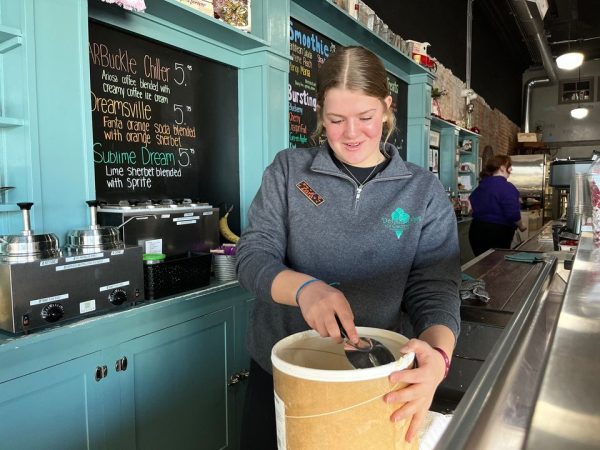Fostering a future
What foster care is truly like

A foster home is defined as a household in which a child is raised by someone other than its natural or adoptive parents. To many kids, a foster home is so much more. It can be a safe haven, or a prison. Every foster environment is different, but many have bad experiences in the homes they are placed in. So many, every year, are abused in the homes they were placed in.
Senior Sheyenne Anderson is one of these victims. When she was 10 years old, she was attacked by her biological parent and since then, she’s been moved from home to home. Every family has different ideals and structures. Anderson has had only poor experiences, yet she would still not return to her biological mother. “She tries to talk to me, but I don’t really want that, so I just ignore her,” Anderson says.
Anderson worries that the mental struggle of all of this will take a toll on her future. She confirms that it’s already had an effect on her present self, and that it’s something she struggles with often. “It’s something that definitely has an effect on me everyday,” she says. She plans on living on her own as soon as she’s out of the foster system.
As far as when she’ll get out of the system, though, is unclear. Those in foster care are allowed to leave when they turn 18 years old, but are allowed to stay until 21 if they are unable to get on their feet or are disabled in some way or another.
Anderson is certainly not the only who is desperate to get out of the system. In Nebraska, 33% of minors are abused in foster homes, which includes sexual, emotional, and physical abuse. As a result of this, 30% of runaways are from foster homes. Namely, group homes.
There are, in general, three types of foster care: kinship, which is care administered by a family member, group home, which is a large house in which many foster kids stay under the care of one or a few adults, and private foster care, which puts the child in the care of a family they are not related to.
Anderson feels what many foster kids wish most is that caseworkers would pay more attention to their living situation, and ask the kids themselves how they feel rather than their foster parent. One would think such a standard would already be employed. However, having a foster system in place at all is a good start. Many hope it’s heading in a better direction.
In truth, it’s not all bad. There is a place for minors with troubled homes to go to. Not everyone’s experiences are unpleasant, and every experience is different. In the end, it’s a deeply flawed, but effective system of keeping minors under a roof, where they have at least a chance at a good childhood and a better life than what they had previously. It’s a chance at fostering a new future.



